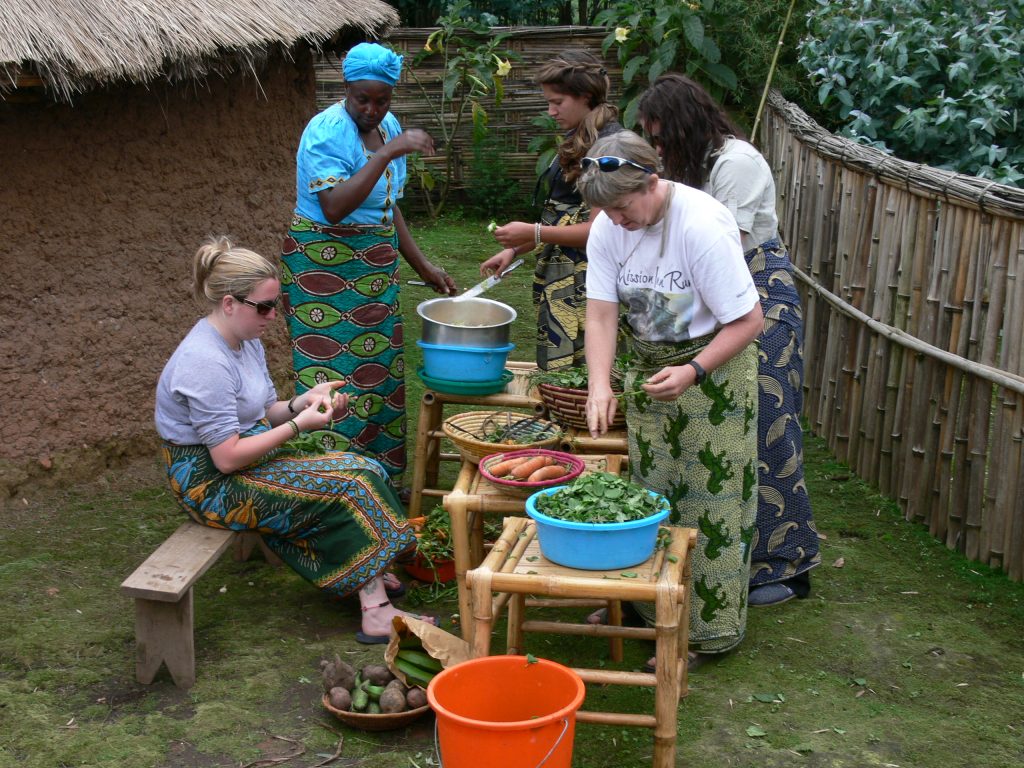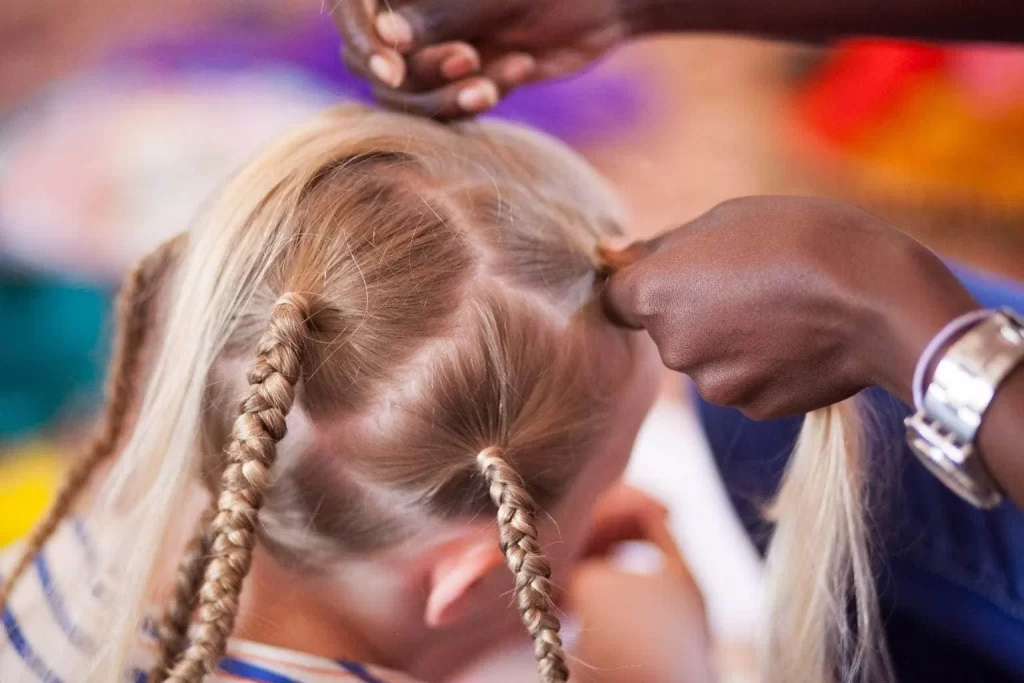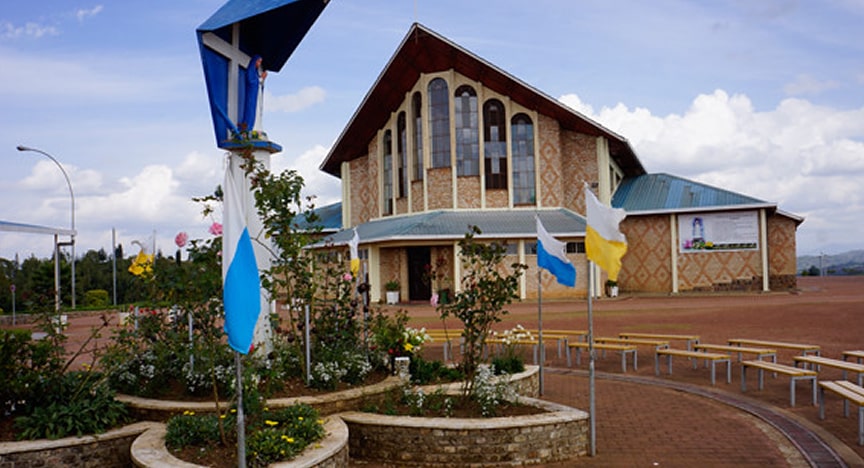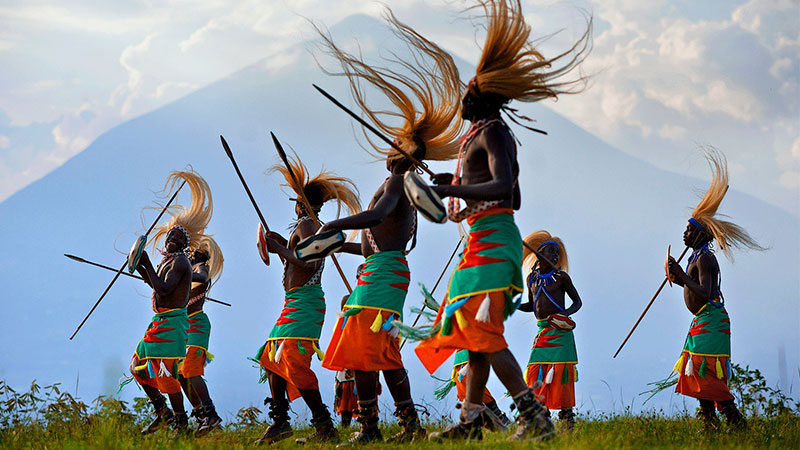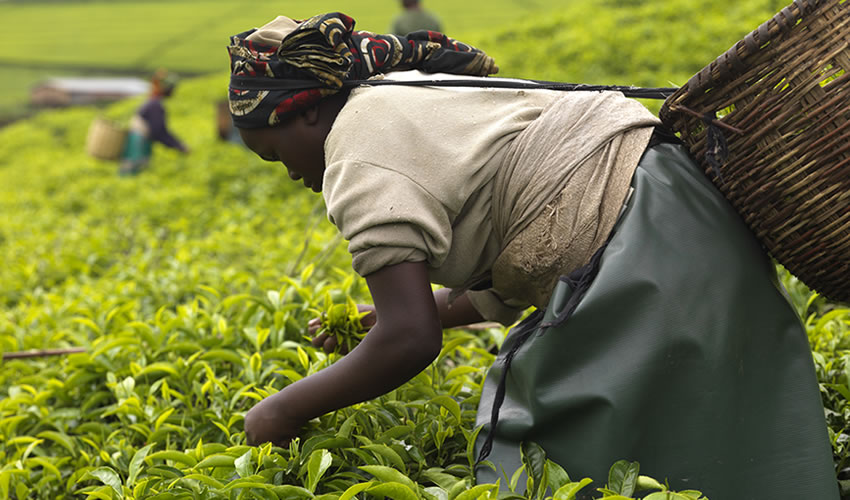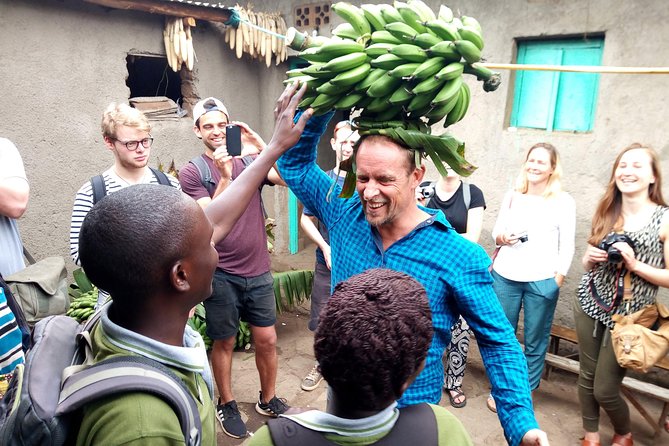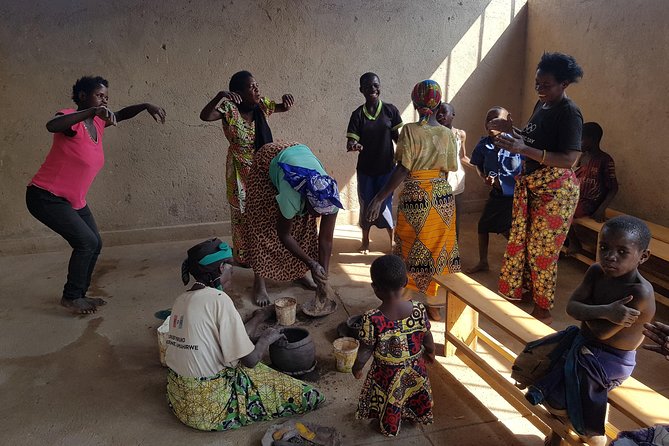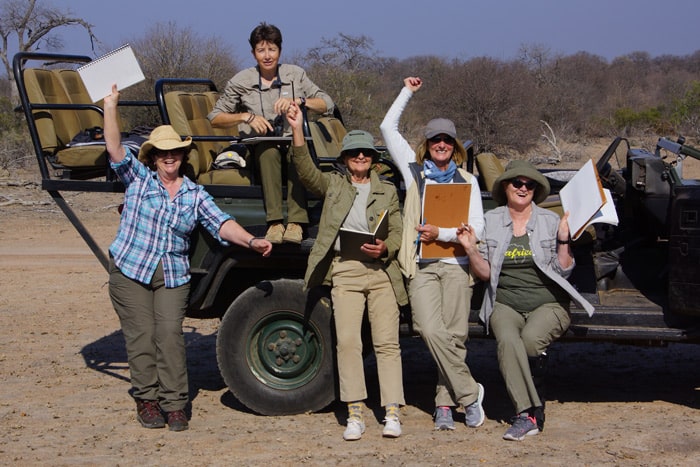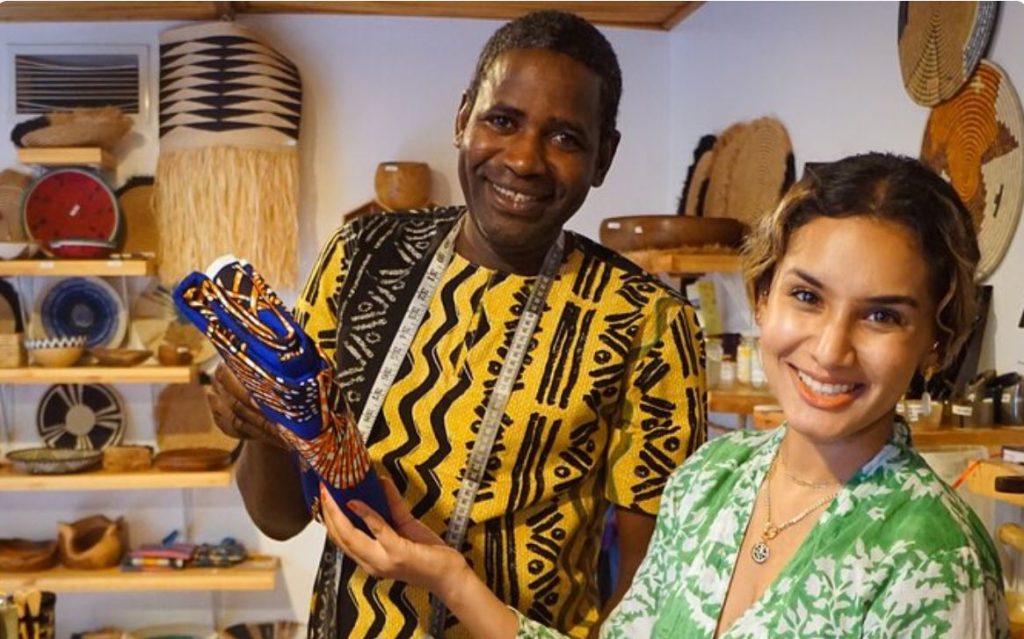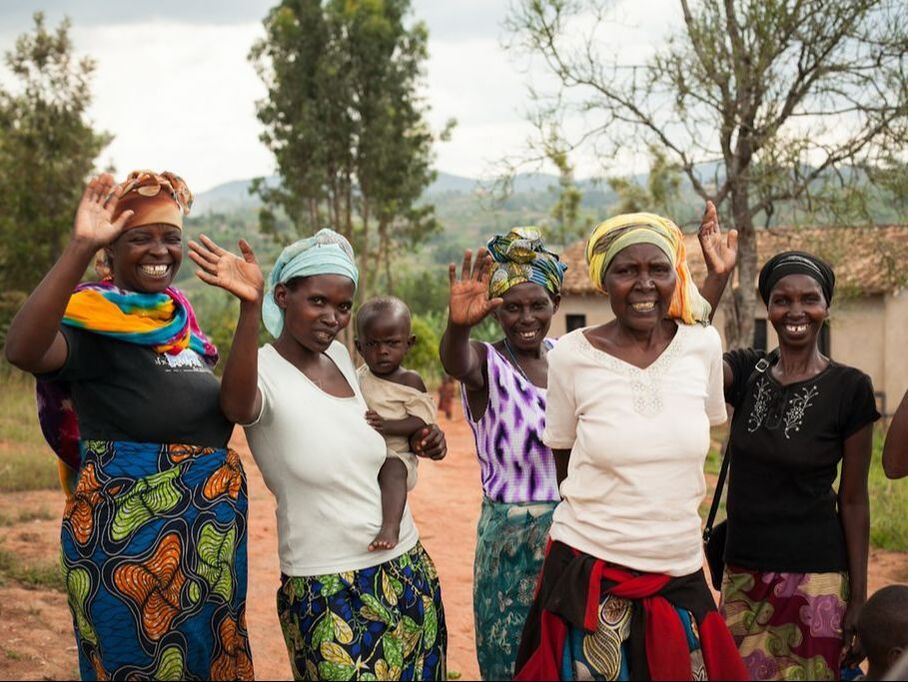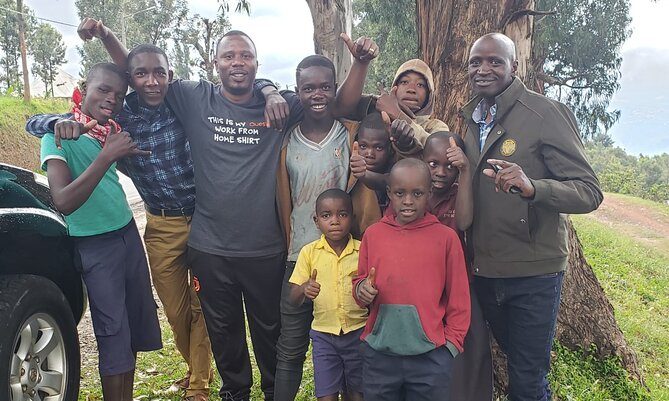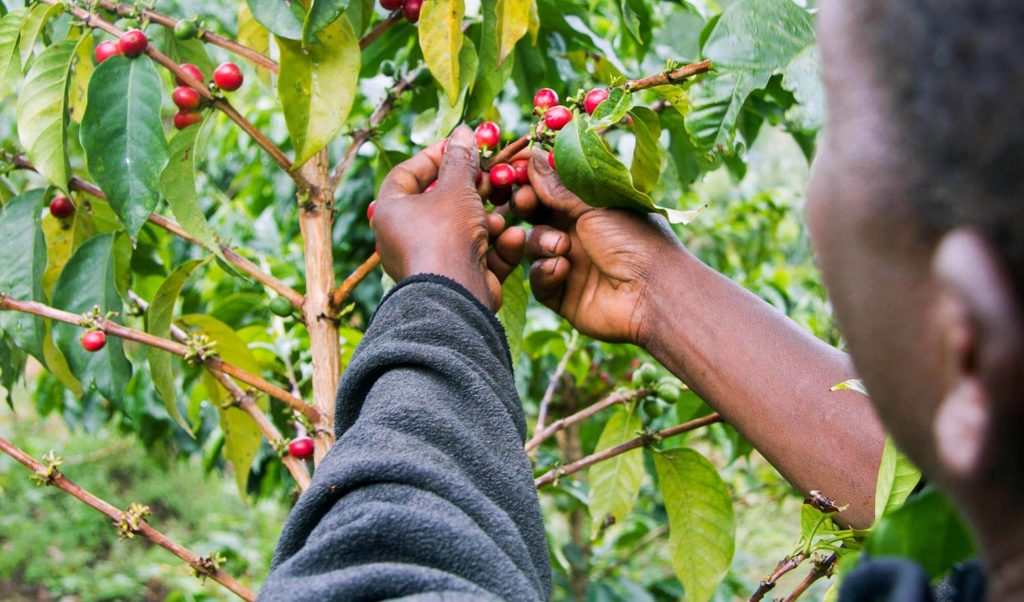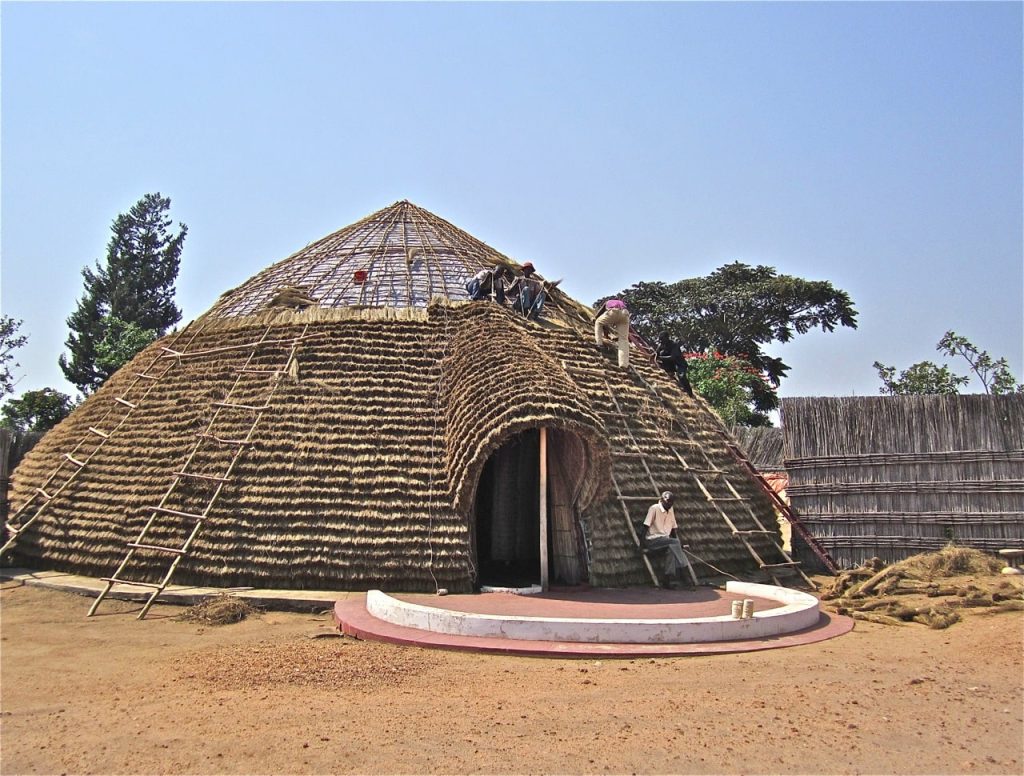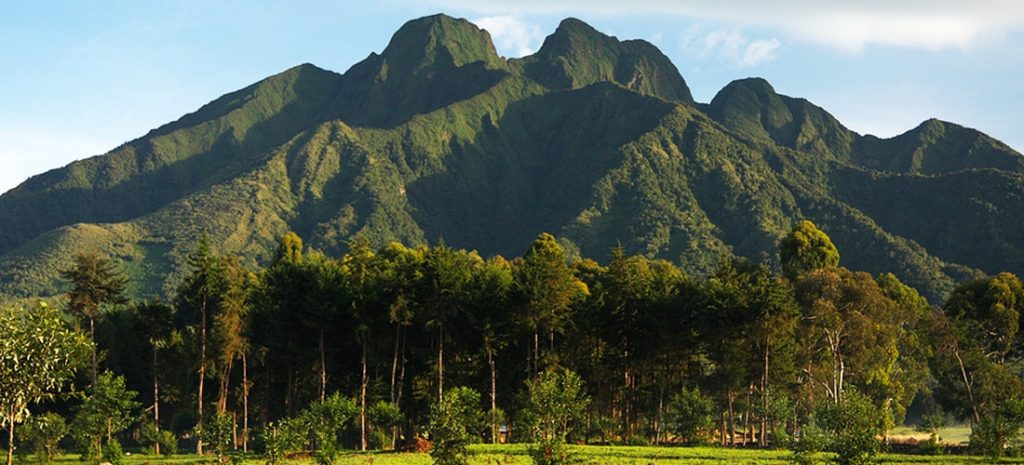Rwanda Cultural Tours: Explore the Vibrant Rwanda Culture and Heritage
If you’re looking for a unique travel experience, the Rwanda cultural tours are an excellent choice. This beautiful East African country is rich in culture and traditions, and its history is fascinating. From exploring the Rwanda traditional villages and learning about the customs and beliefs of the locals to visiting the museums and landmarks, there is so much to see and do.
What to Expect on the Rwanda Cultural Tours
The Rwanda cultural tours are an immersive experience that will take you deep into the heart of the country’s culture and heritage. You’ll meet locals, learn about their customs, and gain an understanding of their way of life. You’ll visit museums, landmarks, and cultural centers that showcase Rwanda’s history and art.
Activities on the Rwanda Cultural Tours
- Visit Traditional Villages – While on the Rwanda cultural tours, a visit to a traditional Rwandan village is an opportunity to learn about the country’s customs and beliefs. You’ll have the chance to interact with locals and witness their daily routines.
- Attend a Cultural Performance – Rwanda is known for its music and dance. Attending a cultural performance is a chance to experience this firsthand and learn about the significance of the dances and songs.
- Gorilla Trekking – During or after your gorilla trekking Itinerary, there will be a Rwanda cultural experience, gorilla trekking is a unique experience that can only be had in Rwanda. Seeing these magnificent animals up close is an awe-inspiring experience that you won’t soon forget.
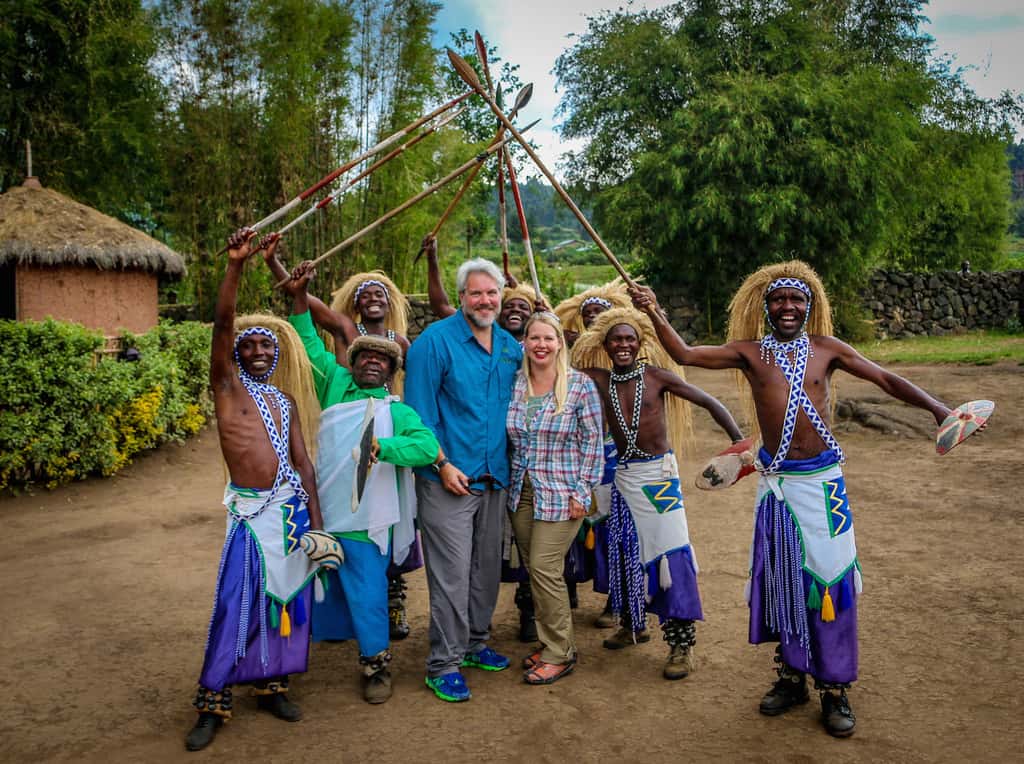
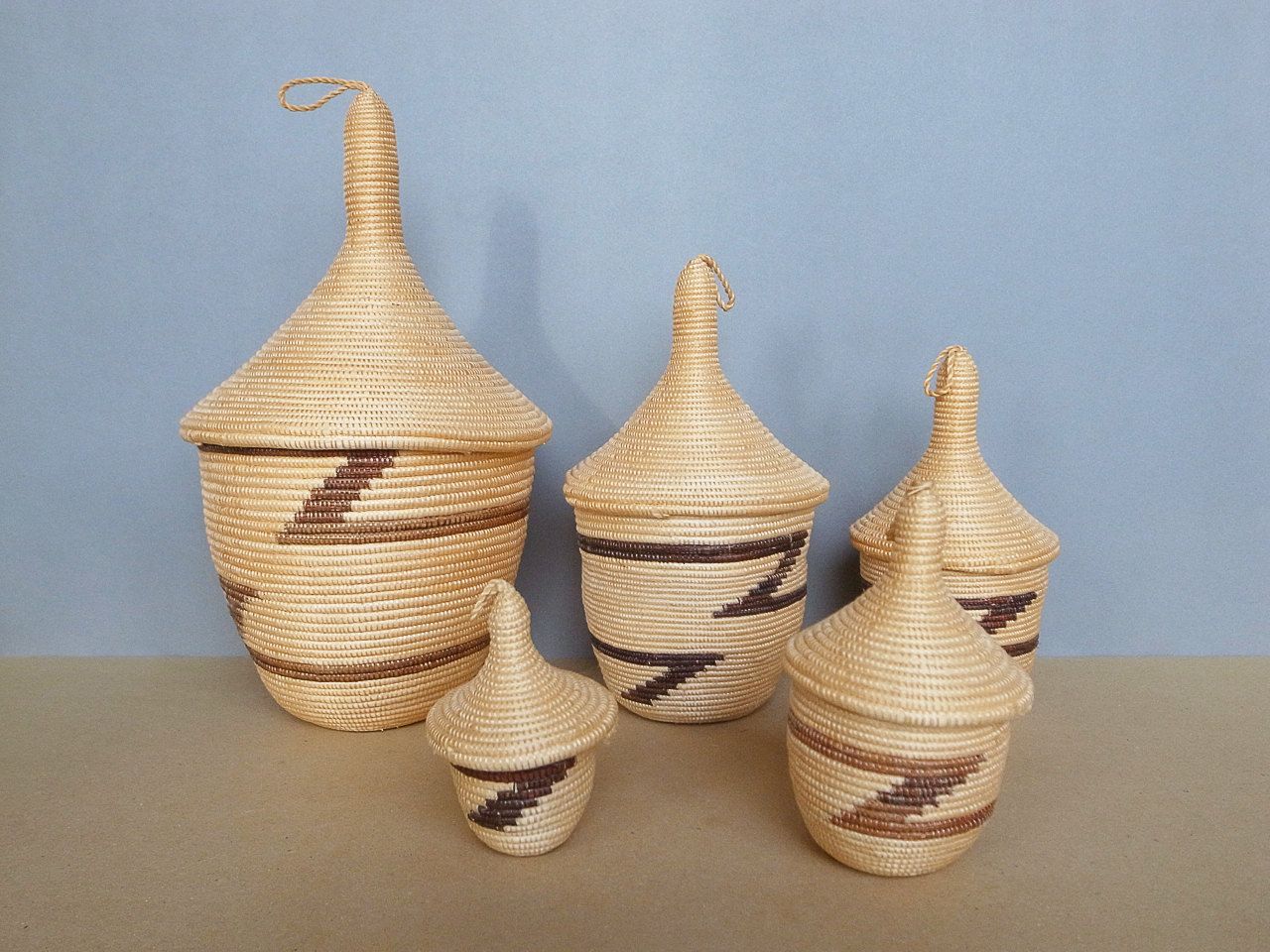
Whether you’re interested in learning about traditional customs, exploring museums and landmarks, or experiencing the country’s wildlife and outdoor activities, there is something for everyone.
HIGHLIGHTS ON RWANDA CULTURAL TOURS
The Rwanda Cultural tours will be integrated to the major tour Itineraries like the Gorilla trekking tour in Volcanoes National Park, the Chimpanzee tracking and hiking in the Nyungwe Forest, the Kigali City tour that leads you to the genocide Memorial Centre in Kigali, as well as the Kings Palace.
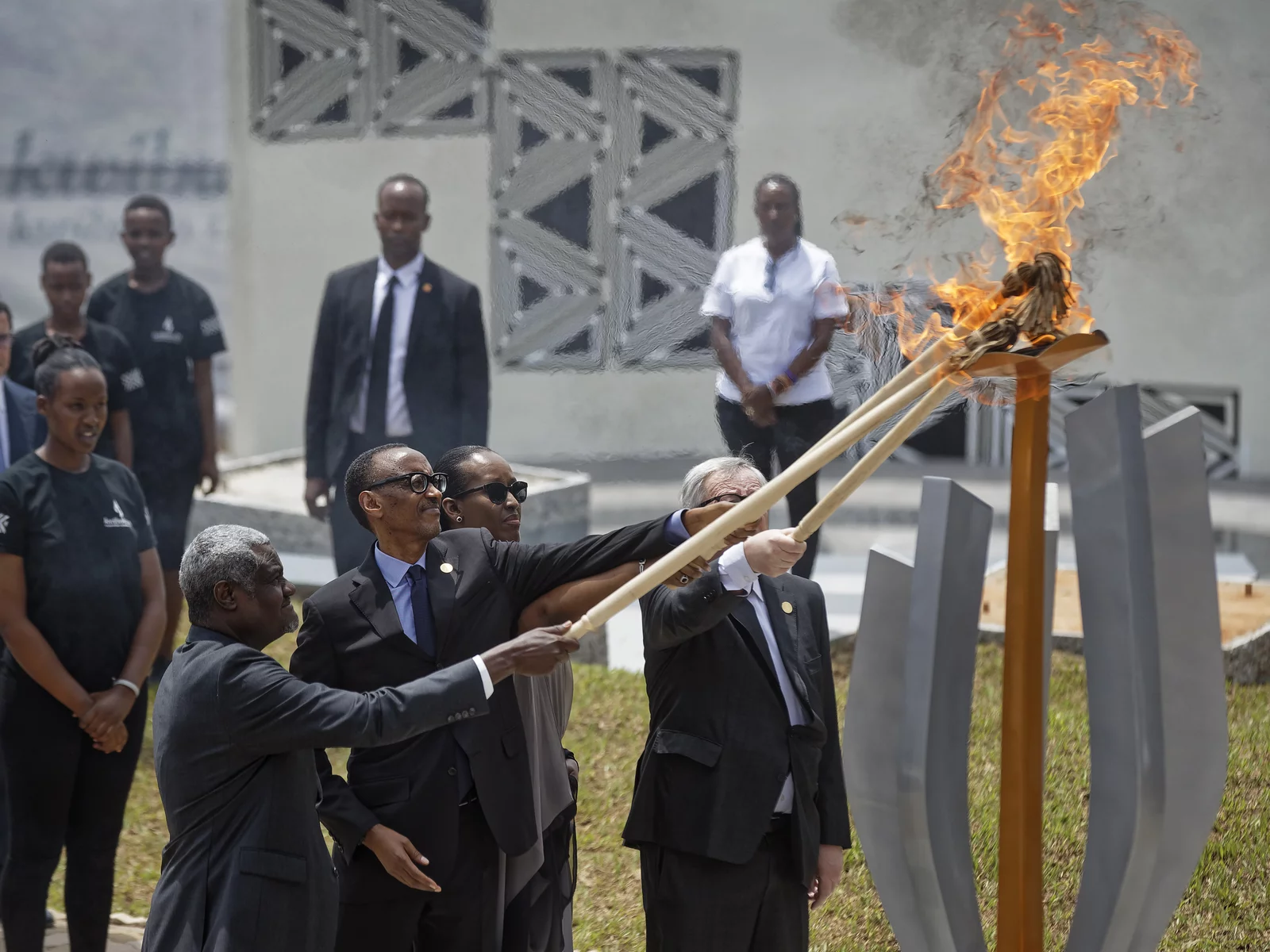
Visit the Kings Palace in Nyanza
The King’s Palace is a beautifully-crafted thatched dwelling shaped like a beehive.
Nyanza used to be the center of Rwanda. Oral tradition claims that it was the scene of conflicts and power struggles.
The monarchy moved the court around from place to place for a very long time and a decision was finally made to have it at Nyanza. Up to 2,000 people lived in the kingdom’s capital in huts constructed using the same techniques as these.
A few long-horned Inyambo cattle, from the king’s herd, are kept and tended to by professional cattle keepers who care and sing to them in order to preserve the special tradition.
The exquisite cows, who were part of the larger Ankole breed, were very significant in the king’s honor ceremonies. They received education and had expensive jewelry on them.
Rwanda ceased to be a monarchy in 1962, when it gained independence from colonial rule. However, the breeding and grooming of Inyambo is still carried out under the Rwanda Agriculture Board.
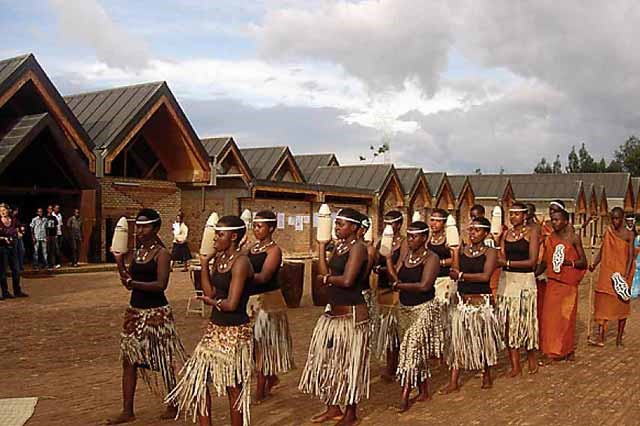
Visit to Ibyiwacu Cultural Village
The Iby’iwacu cultural Centre is designed to offer many interesting learning activities while at the same time allowing visitors to relax and get a feel of the local culture. Visitors are usually welcomed by loud dancing and drumming at the main gate which is only an indicator of the many great activities forthcoming. Let’s look at some of the activities in detail below:
Home visits and community walks: The best way to understand the diversity within the human race is by interacting, sharing and generally getting immersed in the cultures of different communities. The home visits and community walks while visiting the Gorilla Guardians Village gives visitors great opportunities to understand the cultural uniqueness of the Kinyarwanda culture and heritage. During a visit to the Iby’iwacu cultural village, you get the chance to sit side by side with the locals in their traditional homes and grass thatched huts. As you sit down, the elders will share with you information and stories about Rwanda and her rich history/heritage. You will be presented with an opportunity to visit the local banana and vegetable plantations. You might even learn the art of preparing one of the traditional foods or using a special grinding stone to make fine millet flour.
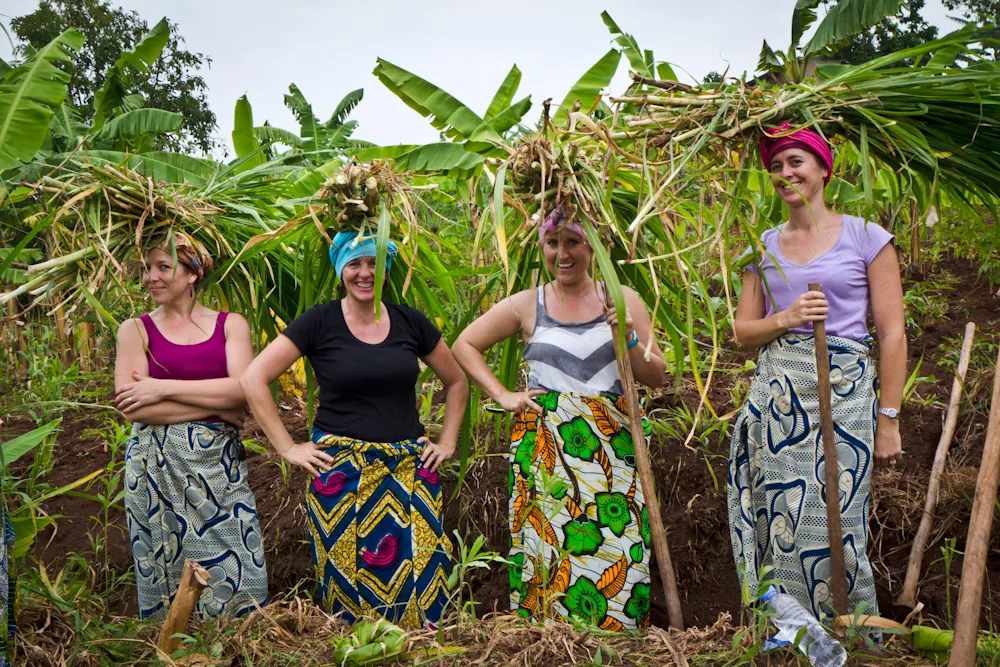
Experience Traditional Construction
Learn about traditional Rwandan building techniques and experience rural village life during this flexible-length excursion with a local family. Discover the traditional methods used by Rwandans for brick-making and fashioning rope from banana trees. After enjoying a simple but delicious lunch of cassava and beans you’ll spend the afternoon applying your new skills to build an animal shelter, fence or house. Finish your trip with a chance to shop for locally-made handicrafts. This chance to learn about Rwandan construction also covers a guide, lunch and transport to the village.
Rwanda Genocide Memorial Sites
One of the most visited tour attractions in Rwanda is the Genocide Memorial Sites
The Ethnographic Museum was a gift from Belgium’s King Badouin in the late 1980s, and houses one of Africa’s finest ethnographic collections.
The Seven galleries display historical, ethnographic, artistic and archaeological artifacts accompanied by visual aides, giving those visiting for the Rwanda Cultural Tours rich insight into the Rwandan culture.
The exhibits open with geographical and geological displays, moving on to items used in hunting, agriculture, animal husbandry, pottery, weaving and woodwork.
Traditional clothing and architectural methods are also illustrated, as well as the social importance of cattle. Descendants of the royal herd can be seen to this day at the King’s Palace in nearby Nyanza.
The final room reveals traditional customs and beliefs, history, culture, poetry and oral tradition and cosmology.
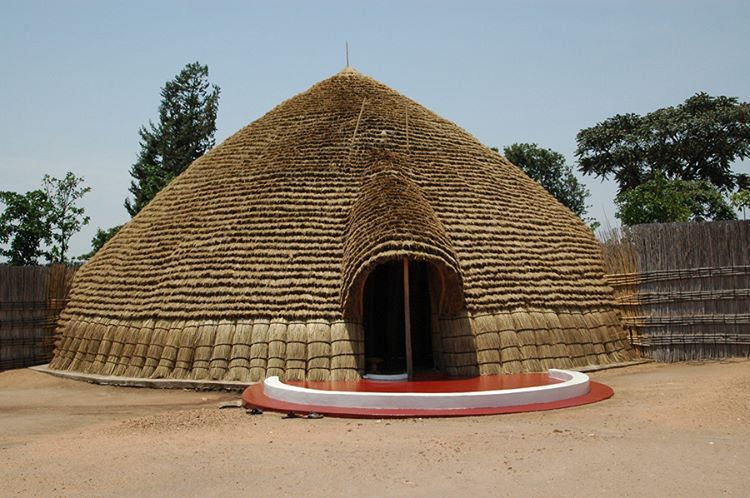
Ethnographic Museum
The Ethnographic Museum houses one of Africa’s finest ethnographic collections.
Seven galleries display historical, ethnographic, artistic and archaeological artefacts accompanied by visual aides, giving visitors a rich insight into the Rwandan culture.
The exhibits open with geographical and geological displays, moving on to items used in hunting, agriculture, animal husbandry, pottery, weaving and woodwork.
Traditional clothing and architectural methods are also illustrated, as well as the social importance of cattle. Descendants of the royal herd can be seen to this day at the King’s Palace in nearby Nyanza.
The final room reveals traditional customs and beliefs, history, culture, poetry and oral tradition and cosmology.
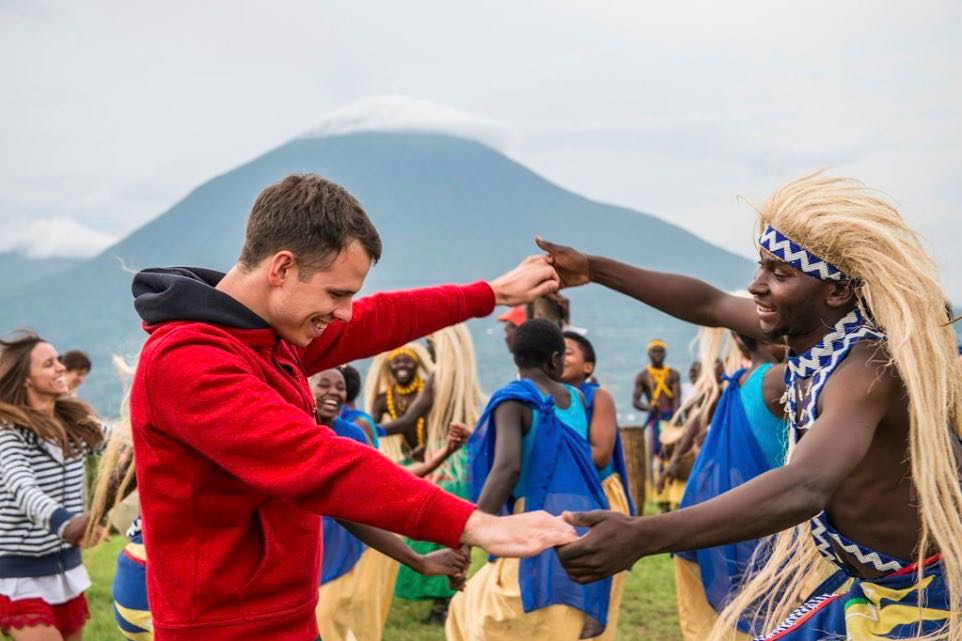
A Day in the Life of a Local Artisan
Get a real feel for rural Rwandan village life by spending time with a local family during your Rwanda Cultural tours. Participate in daily tasks like planting crops or hoeing the fields before preparing and enjoying a meal of traditional Rwandan food and spending time chatting with your hosts.
A weaving class and an opportunity to buy locally produced products made by your family will wrap up your day.
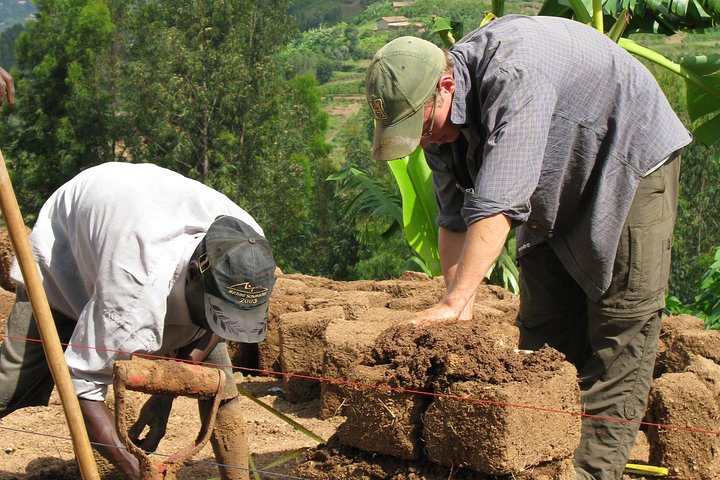
Frequently Asked Questions
Rwandans share cultural values notably unity, patriotism, social cohesion, resilience, and hard work among others, with Kinyarwanda being the common language, spoken in all parts of the country. Other official languages are English, French and Kiswahili.o.
- Rwanda is known as the “Land of a Thousand Hills” …
- The official language of Rwanda is Kinyarwanda. …
- Rwanda is a major producer of coffee and tea. …
- Lake Kivu is Rwanda’s largest lake. …
- Rwanda is a birdwatcher’s paradise. …
- Rwanda hosts a car-free day to promote exercise and healthy living.
Rwanda is often called the “heart of Africa”, because of its central location on the African continent. It is also known as the “land of a thousand hills”, in reference to its hilly landscape. It is a beautiful and fascinating country with a rich history and culture

